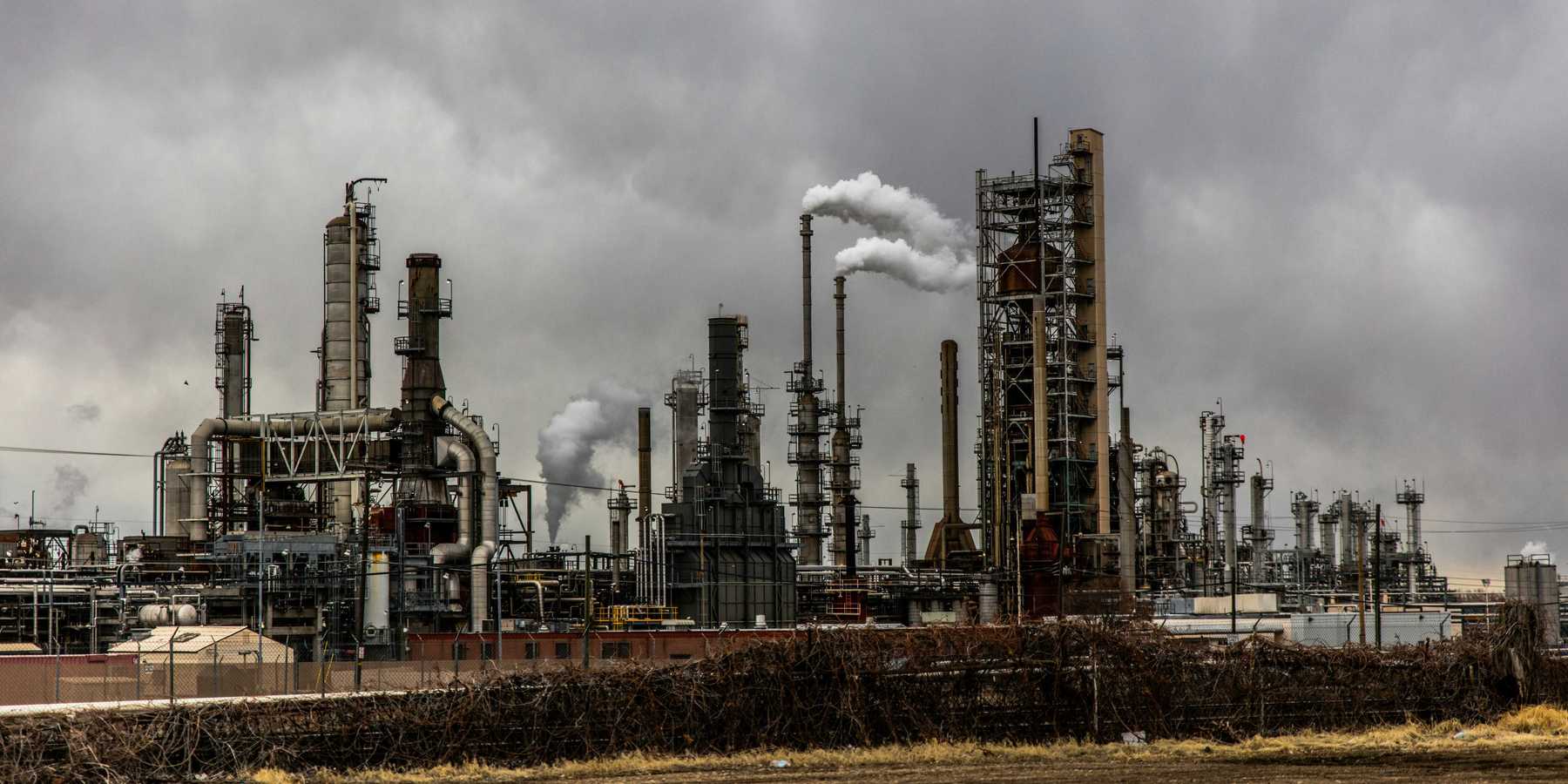
For the first time, natural gas production linked to lower birth weights in a national study
The impacts were most significant among Black and Asian women
Across the U.S., birth weights have declined as rates of natural gas production have increased, according to a new, first-of-its-kind national study.
While previous studies linked increases in fracking and natural gas production to lower birth weights in high-producing states like Texas and Pennsylvania, this is the first to examine associations across states where extraction occurs.
“Those single-state studies are important, but you have to consider whether that information is generalizable to other parts of the country,” Summer Sherburne Hawkins, an associate professor at the Boston College School of Social Work and senior author of the study, told EHN. “With our study, we’re able to say that this is not unique to a specific state, but is true across the country.”
The study, published in the journal Preventive Medicine Reports, found that every 10% increase in natural gas development in U.S. counties is associated with a corresponding decrease in average birth weight of 1.48 grams, or 0.003 pounds. Among women of color, the impact was more significant: With every 10% increase in natural gas production, Asian babies’ average birth weight decreased by 2.76 grams, or 0.006 pounds; and Black babies’ average birth weight decreased by 10.19 grams, or 0.02 pounds.
“That might not seem like a lot, but in some parts of the U.S. rates of natural gas production are increasing by thousands of percentage points over a very short period of time,” Hawkins said. “Lots of states are considering increasing production and this research allows us to predict the potential implications for public health.”
Low birth weight is associated with higher rates of infant mortality, poor lung development, problems with growth and cognitive development, and increased risk of health problems later in life, including diabetes, heart disease, high blood pressure and developmental disabilities.
The study didn’t look at how natural gas production could cause lower birth weight, but previous research shows harmful chemicals emitted from wells increase levels of air pollution in nearby communities. Exposure to air pollution has also been linked to low birth weight. Water contamination caused by spills on and near well pads could also be a contributing factor.
Environmental justice concerns
To conduct the research, Hawkins and her colleagues looked at more than 33.8 million birth records from 2005 to 2018 from 1,984 counties in the 28 states where natural gas production occurred. They compared birth weights during that period with nine-month county-level averages of natural gas production at both conventional and fracking wells.
Jill Johnston, an associate professor at the University of Southern California Los Angeles who has researched the health impacts of fracking but was not involved in this study, said the findings are significant.
“There have been very few national scale studies that look at these kinds of health impacts,” Johnston told EHN. “It’s a real strength to be able to look more broadly across the U.S. and see that these impacts are happening in many different communities, even if they haven’t been the focus of prior research like places with more intensive shale development.”
Johnston noted that previous investigations on racial disparities in the health impacts of oil and gas development have been limited.
Related: See where toxic PFAS have been used in Pennsylvania fracking wells
“I think this adds to the evidence that the adverse health impacts associated with these kinds of activities should be taken into account, particularly when permitting new wells in environmental justice communities,” she said. “We should be thinking about the cumulative burden and considering more health protective policies for these vulnerable populations.”
While the study didn’t examine why women of color could be more susceptible to birth weight impacts from natural gas development, previous research suggests that women of color are more likely to experience other environmental and social factors that negatively impact birth outcomes.
“We know communities of color and low-income communities bear a disproportionate burden of environmental hazards,” Hawkins said. “Our study indicates that adding new oil and gas development to communities that already face environmental injustice may be compounding these effects — not just for the current population, but also for the next generation.”













